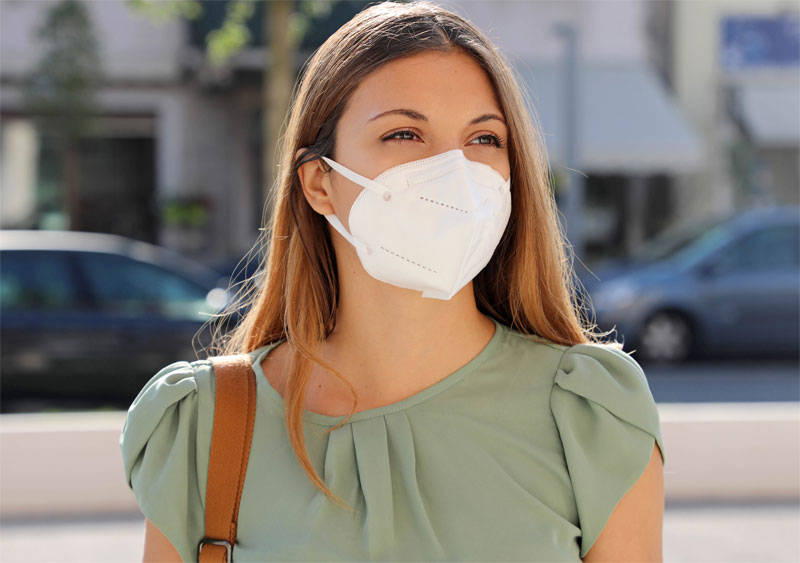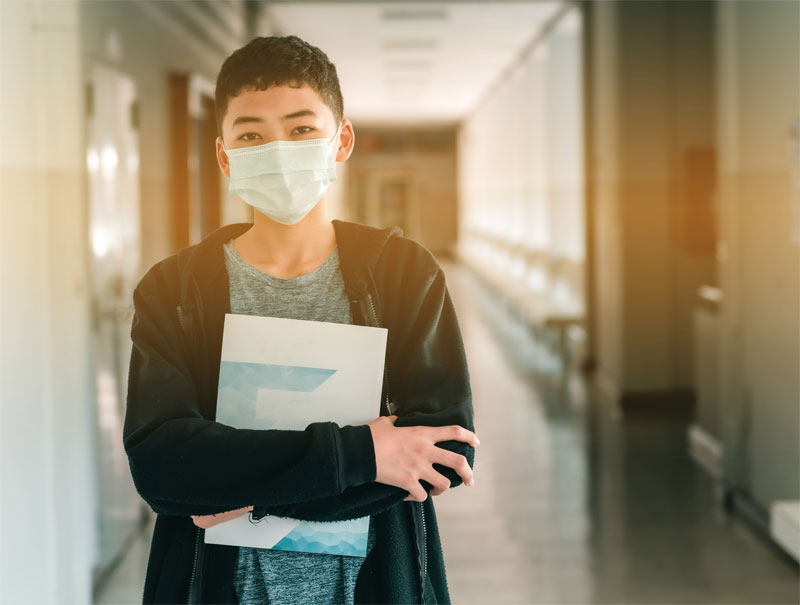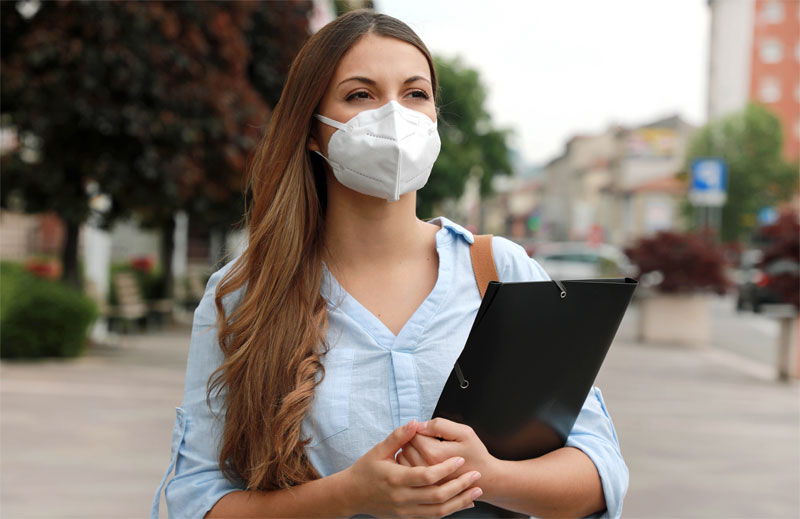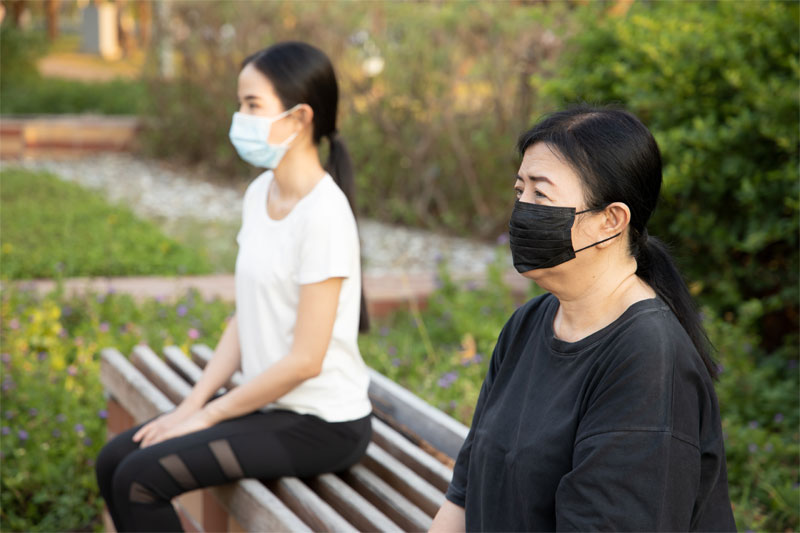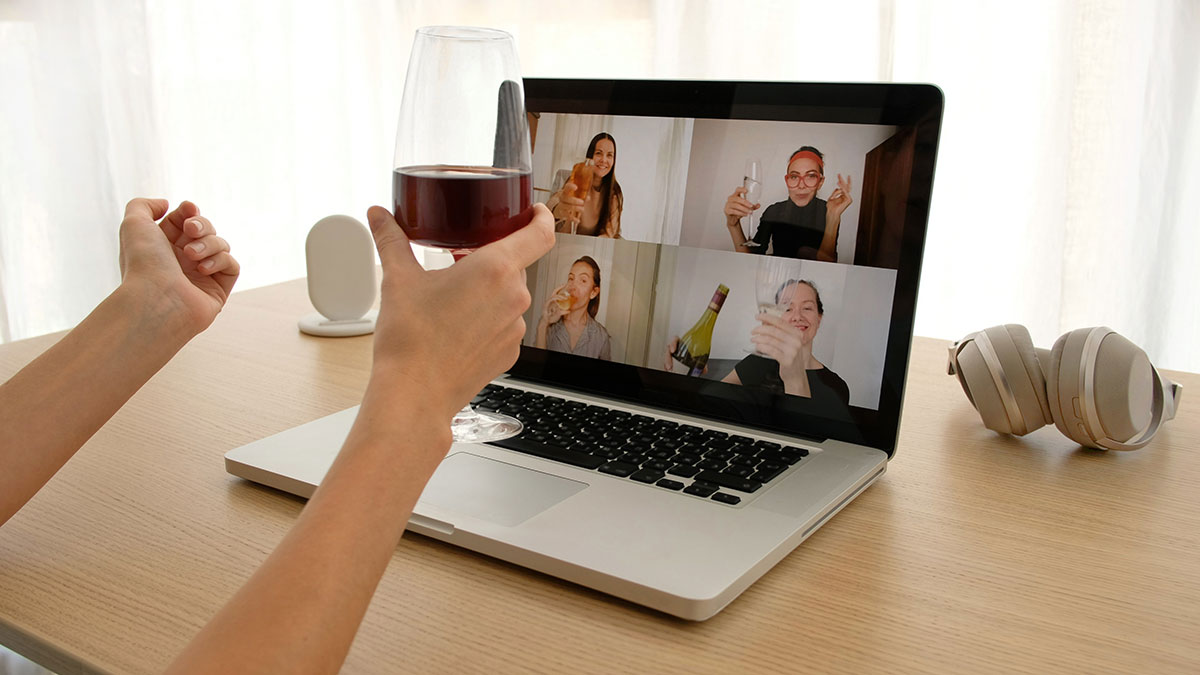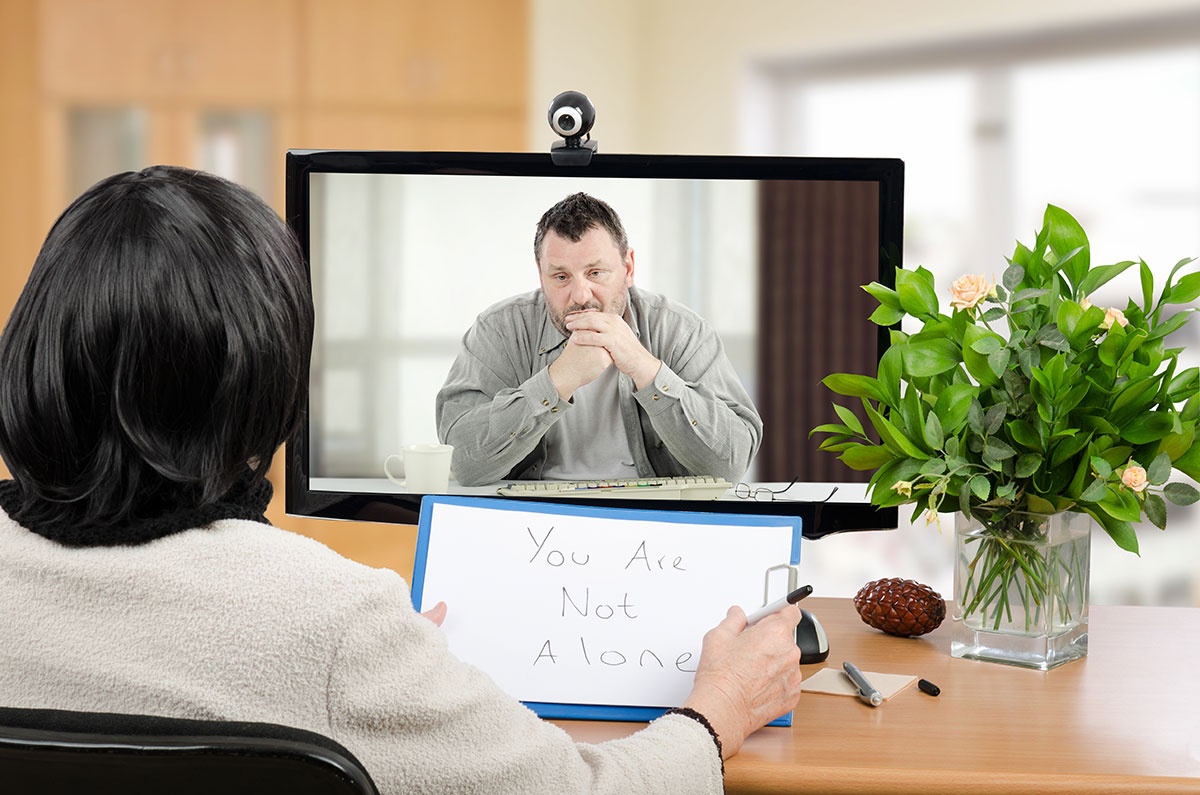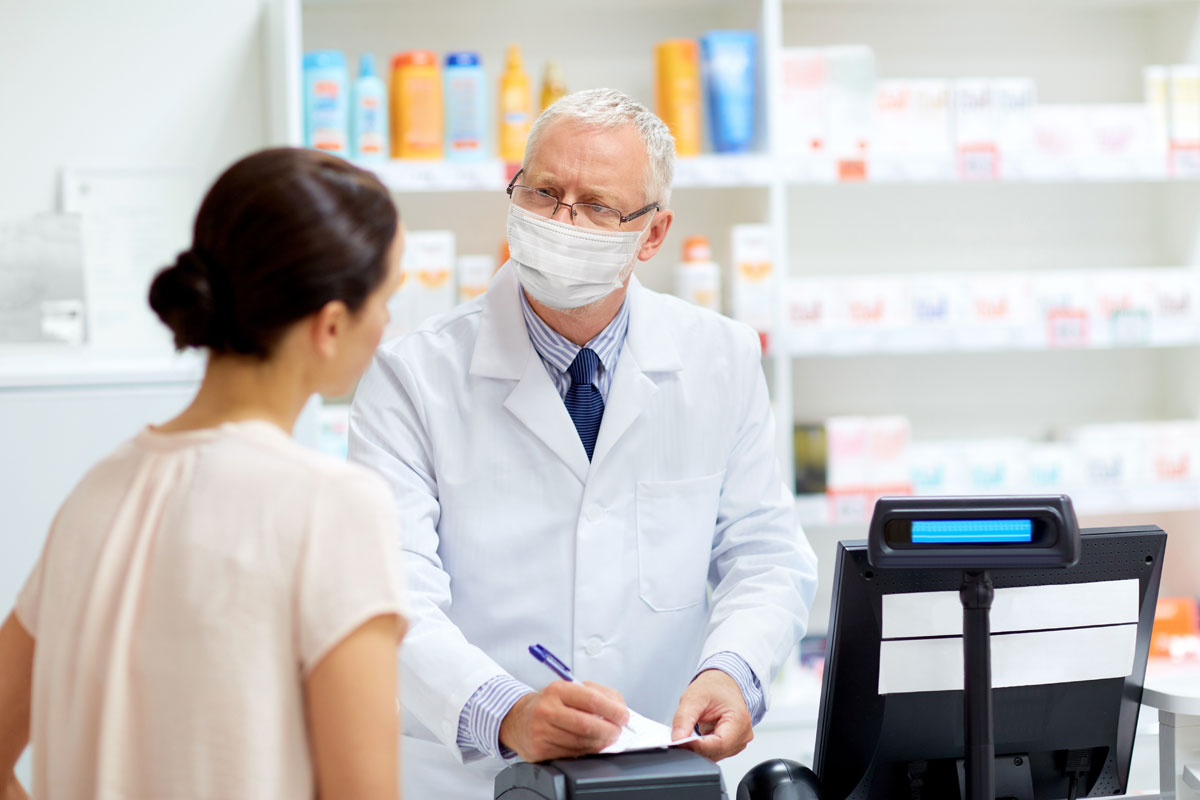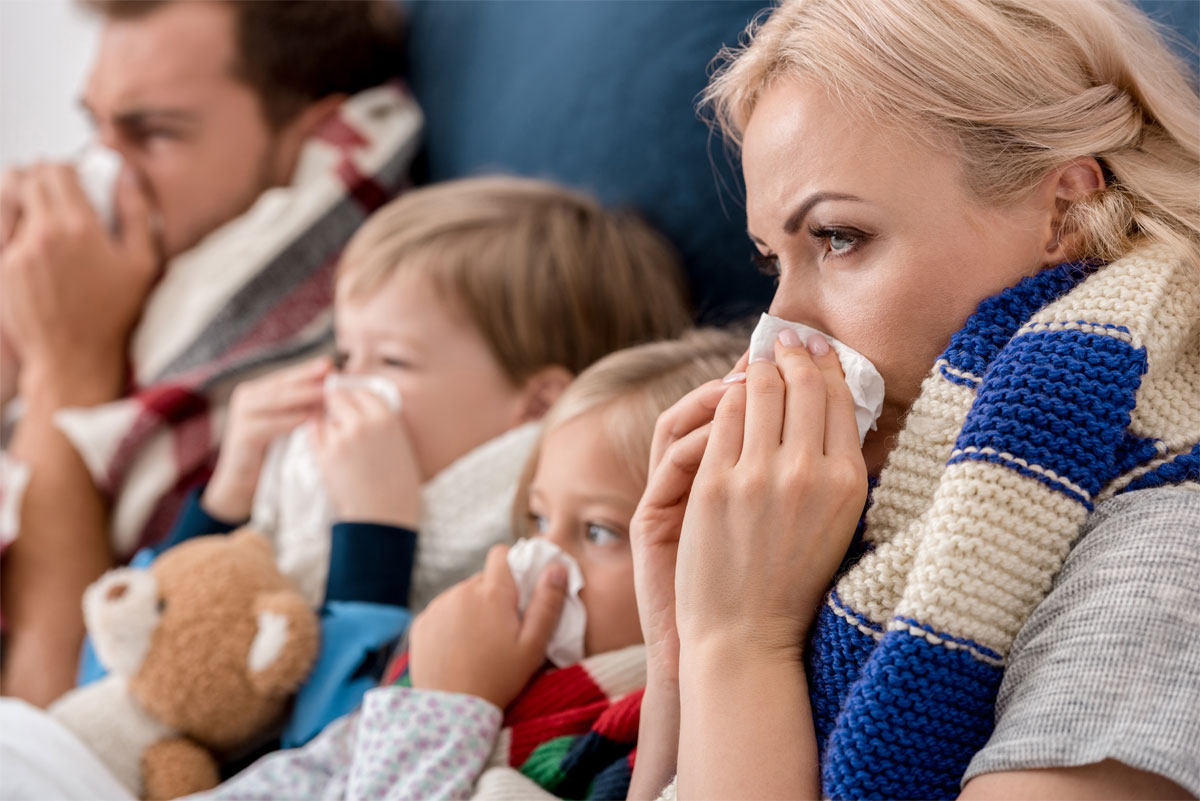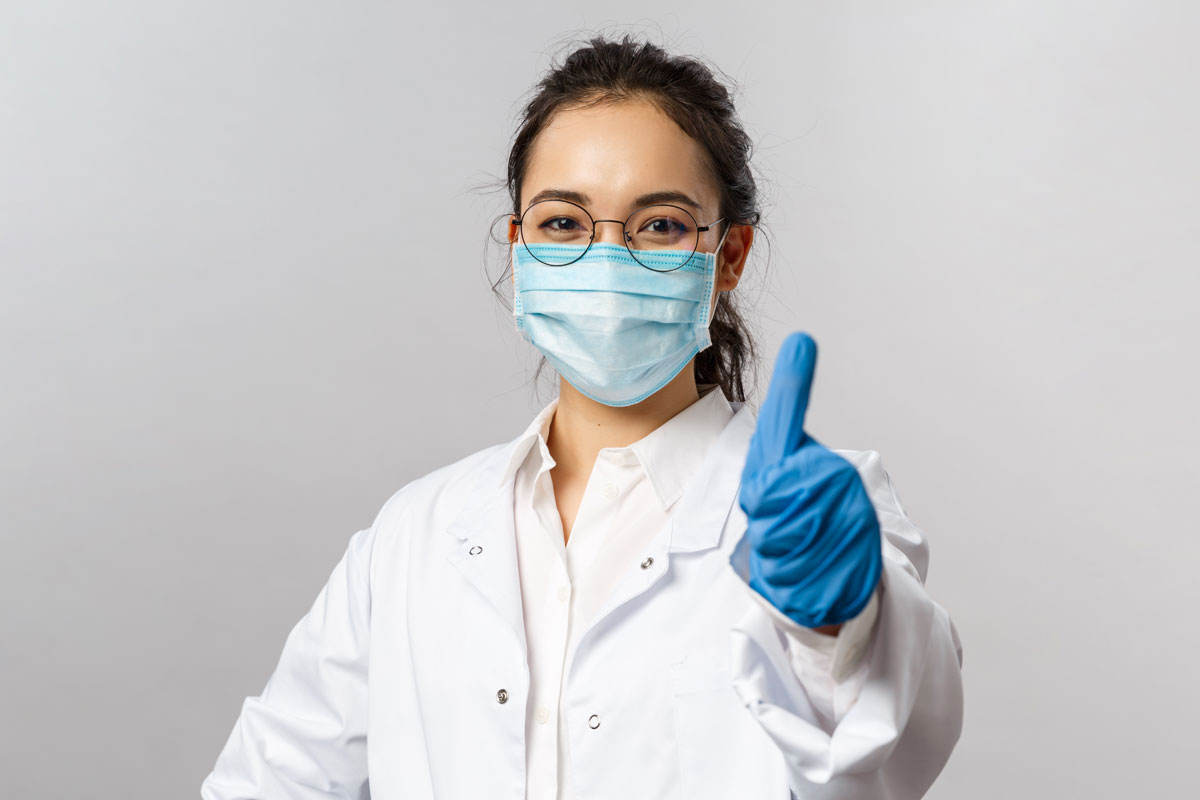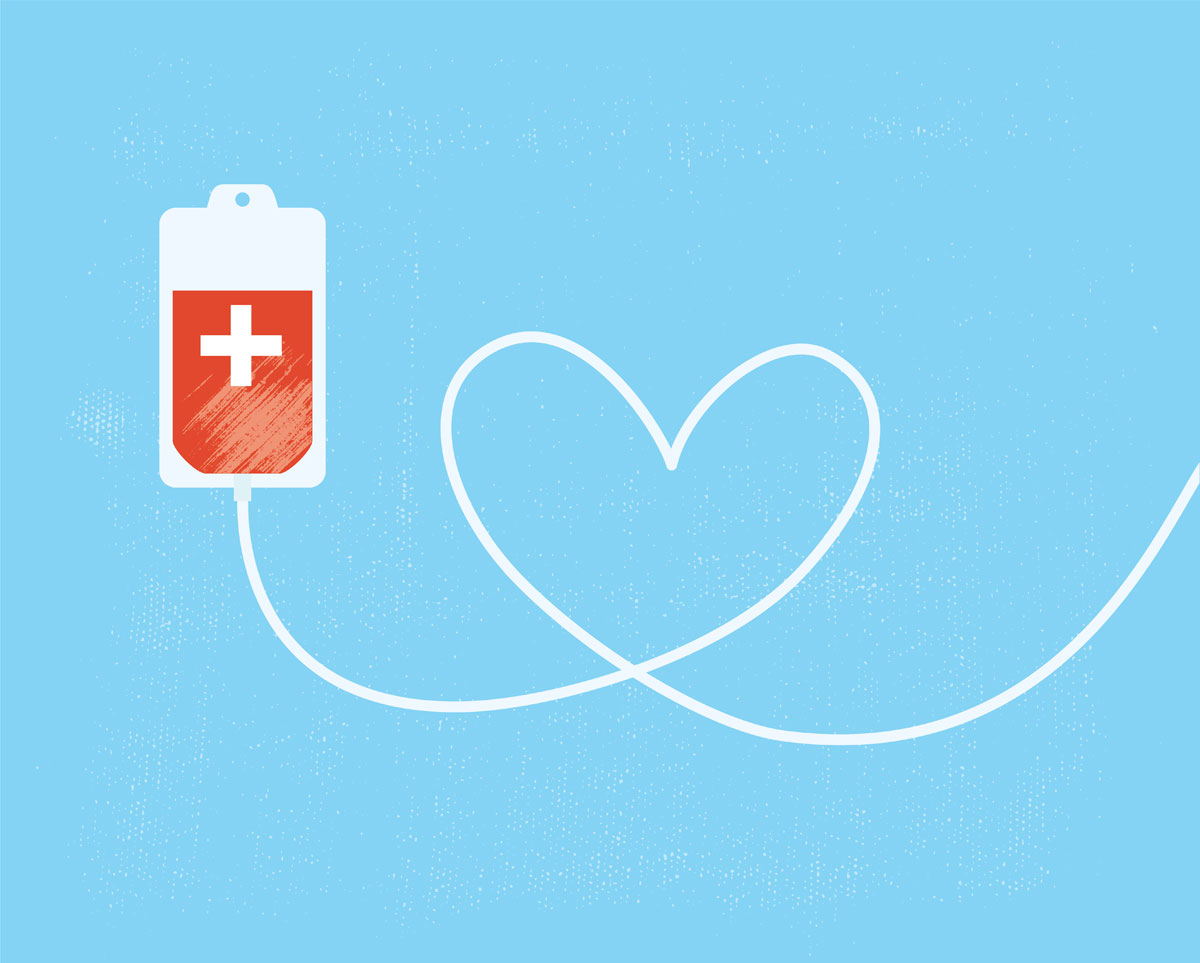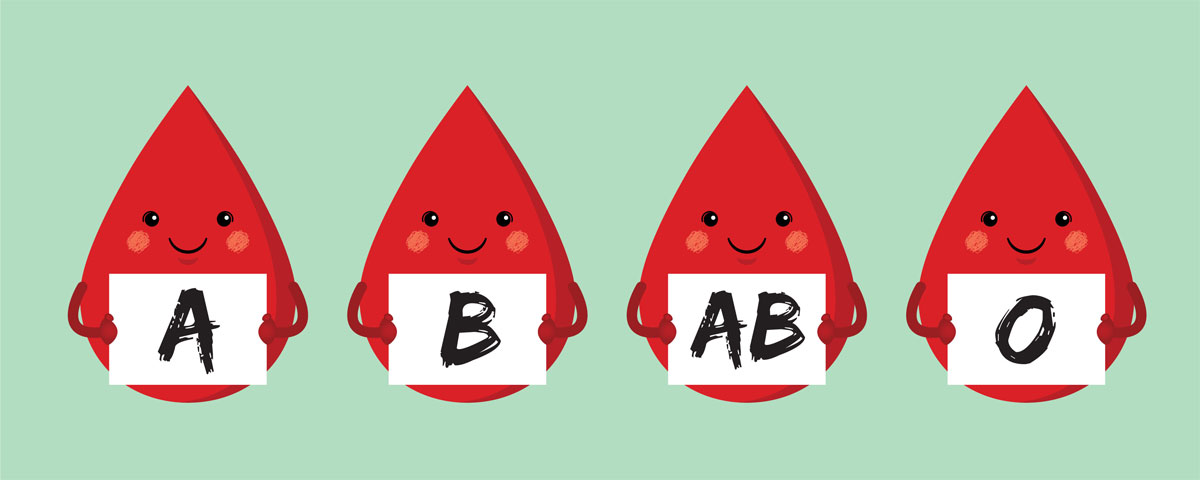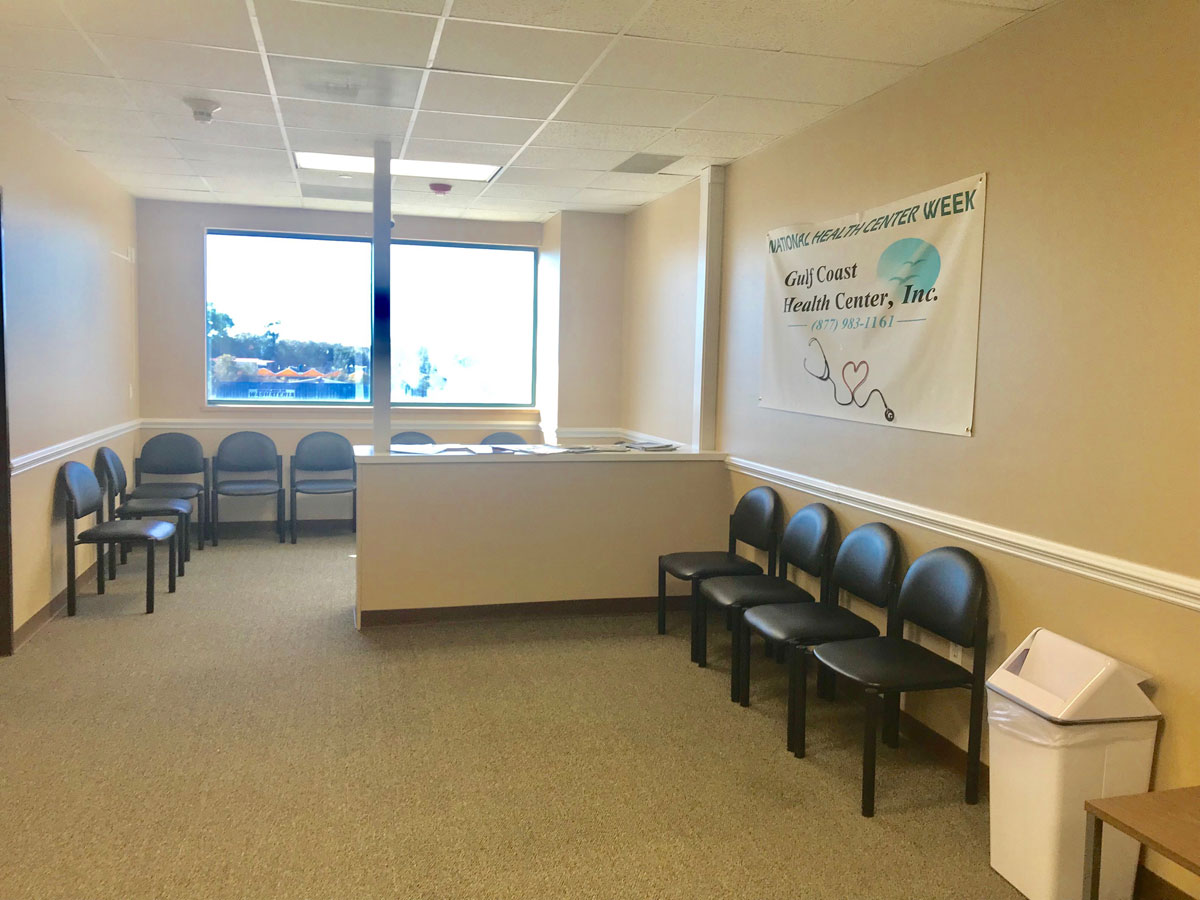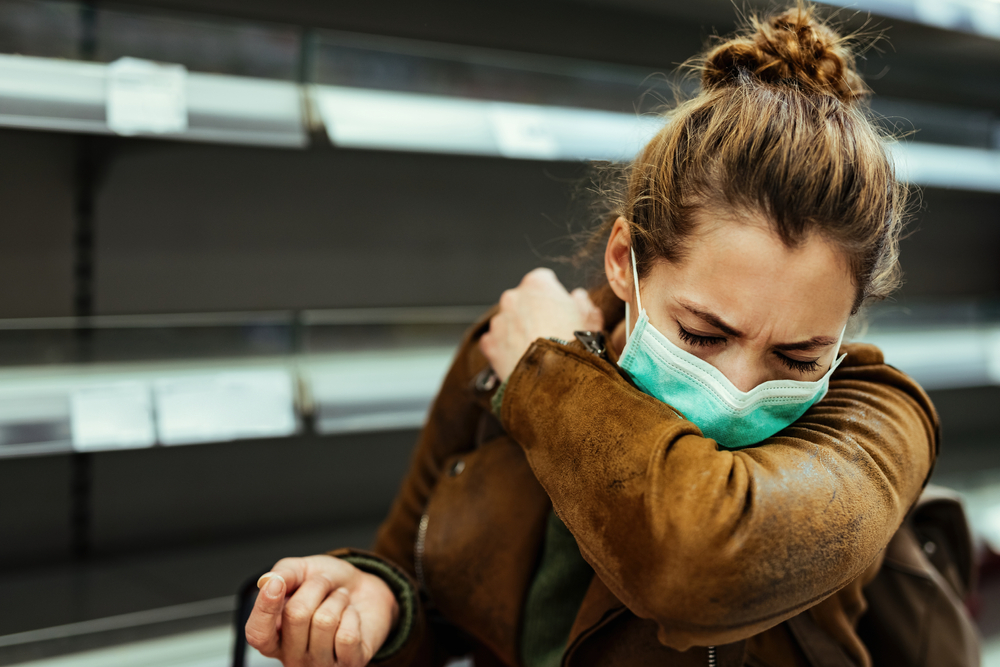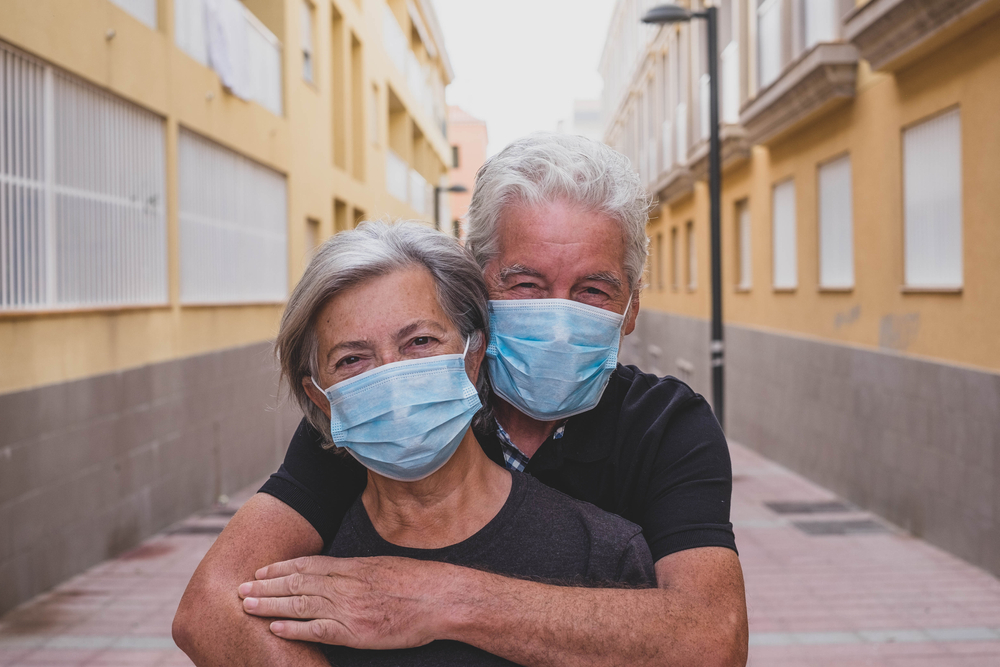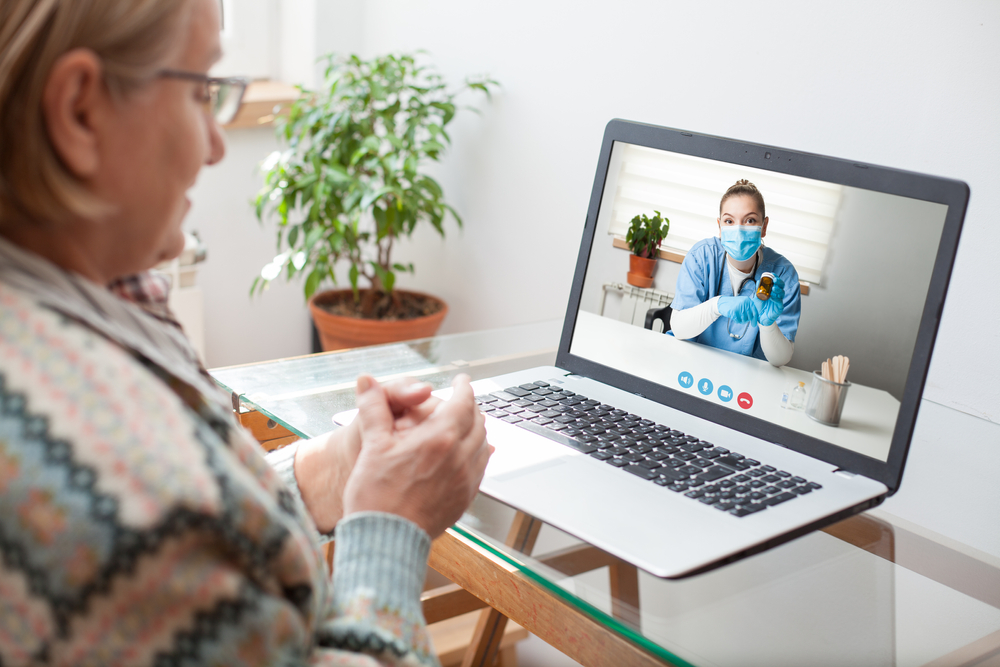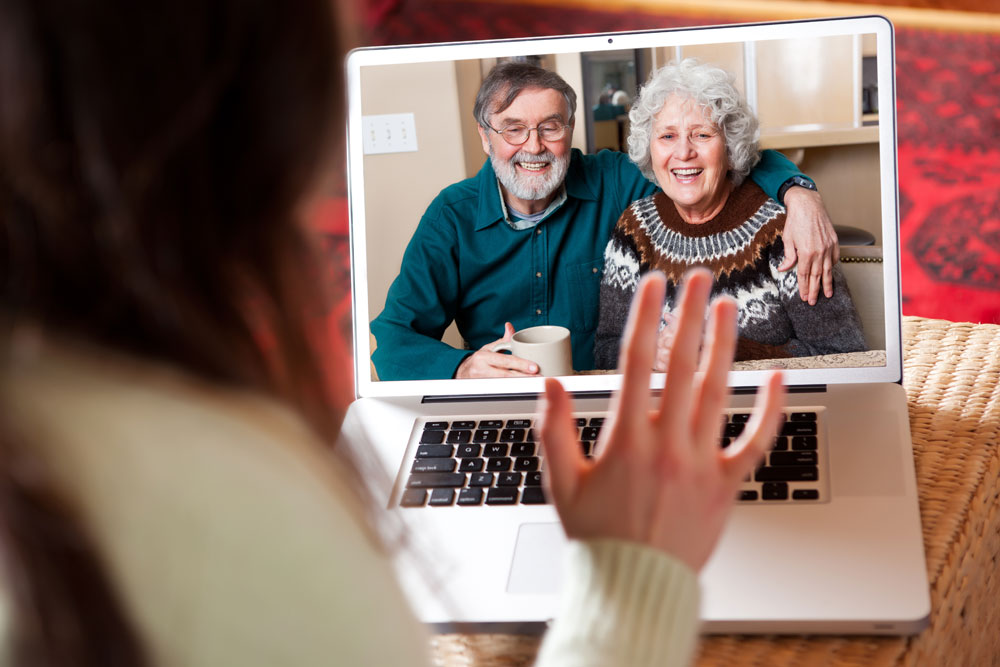Since the beginning of the pandemic, many variants of the SARS-CoV-2 virus have emerged. While the changes found in many variants have almost no impact on how the virus affects us, some variants do have genetic changes that can significantly impact the effect of the virus. For example, the delta variant became much more easily transmissible.
The latest variant of possible concern, omicron, has already spread around the world and made its way to most of the United States. As of yet, more information is needed to determine the effect that the genetic changes of the omicron variant will have on the way the disease affects us.
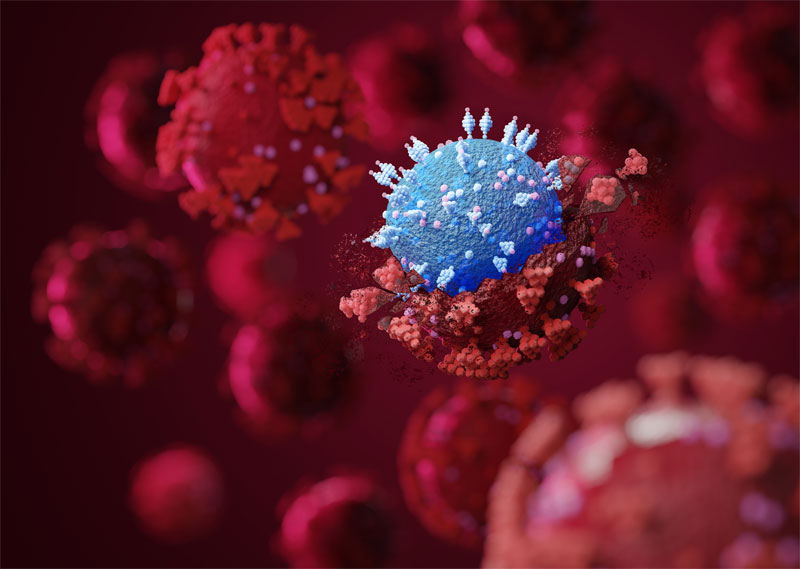
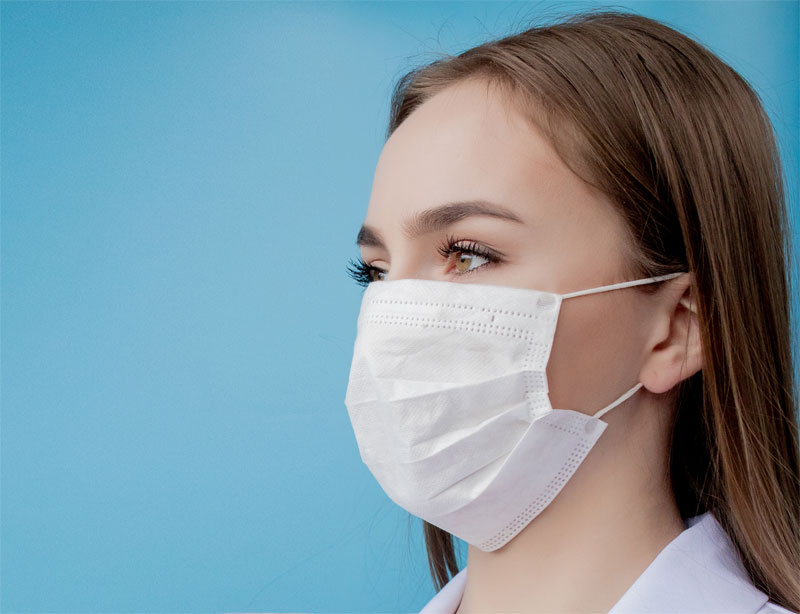
What You Should Know About the Omicron Variant
The CDC continues to monitor the omicron variant. At this time, however, there is still not enough data to determine exactly how the genetic changes of the omicron variant will affect the virus.
More information is needed to determine how severe illness from omicron will be, how well our existing vaccines work against it, and how well our current medications work to treat illness from omicron.
Although it is likely that omicron is more transmissible than the original SARS-CoV-2 virus and the delta variant, we do not actually know how easily omicron spreads. Additionally, it is believed that any carrier – whether vaccinated and/or asymptomatic – will be able to transmit omicron to others.
Continue Protecting Yourself and Others Using the Same Methods
You can continue to protect yourself and others from the omicron variant using the same health safety methods with which you’re already familiar:
- Wear a high-quality mask
- Get vaccinated
- Practice social distancing
- Get tested and isolate if you have been exposed to a person you know has tested positive for COVID-19 or if you have any symptoms
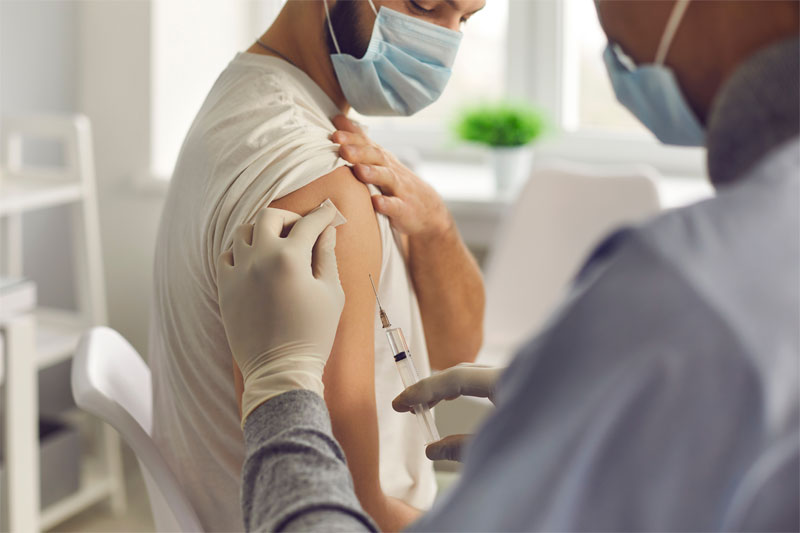
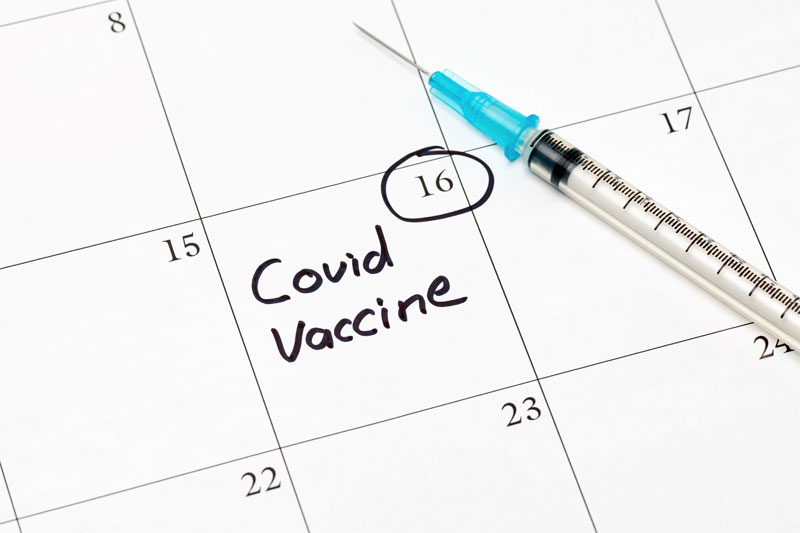
Schedule a COVID-19 Vaccine or Booster at Gulf Coast Health Center
According to the CDC, everyone 16 years of age and older is now eligible to receive a booster shot. If you received either the Moderna or Pfizer-BioNTech COVID-19 vaccine, then you are eligible for a booster shot six months after receiving your second dose. If you received a Johnson & Johnson vaccine, then you are eligible to receive a booster two months after receiving your vaccination.
To schedule an appointment for vaccination, to learn more about the omicron variant, or to speak with a doctor about the COVID-19 booster shot, we welcome you to schedule an appointment at Gulf Coast Health Center today.





